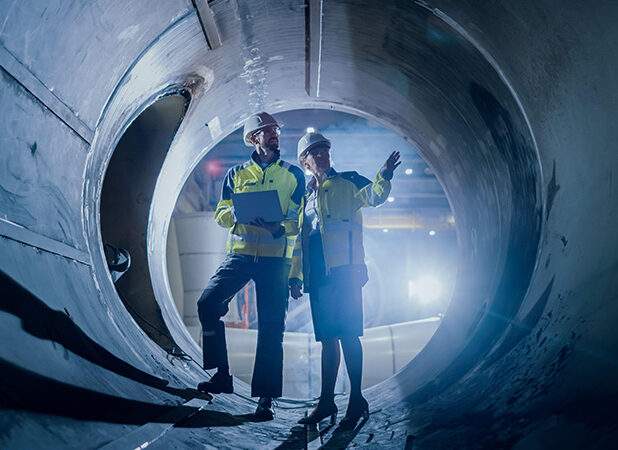Welcome to our comprehensive guide on carbon neutrality in the energy industry. In this guide, we will explore the concept of being carbon neutral, its importance in mitigating climate change, and its application within the energy sector. Discover how WTS Energy can support your company in achieving carbon neutrality and driving sustainable practices.
What does being Carbon Neutral mean?
Carbon neutrality refers to achieving a state where the net release of greenhouse gases (GHGs) is balanced by their removal or offsetting. It involves minimizing carbon emissions and implementing strategies to neutralize the remaining emissions through various methods such as carbon offsetting and renewable energy adoption.
The Significance of being Carbon Neutral in the Energy Industry
Carbon neutrality holds immense significance in the energy industry due to the following reasons:
Addressing Climate Change: Carbon neutrality plays a vital role in mitigating climate change by reducing the overall carbon footprint of the energy sector. It helps limit global warming and its detrimental impacts on the environment, ecosystems, and communities.
Transition to Renewable Energy: Achieving carbon neutrality necessitates a shift from fossil fuels to renewable energy sources. This transition promotes sustainable energy generation, reduces dependency on carbon-intensive fuels, and drives the development of innovative renewable technologies.
Meeting Stakeholder Expectations: In today’s business landscape, stakeholders increasingly demand environmentally responsible practices. By committing to carbon neutrality, companies demonstrate their dedication to sustainability, corporate social responsibility, and long-term viability.
Strategies for Achieving Carbon Neutrality
To attain carbon neutrality, companies in the energy industry can adopt the following strategies:
Renewable Energy Investment: Investing in renewable energy projects, such as solar, wind, or hydroelectric power, is essential for reducing carbon emissions. These clean energy sources replace fossil fuels and contribute to the decarbonization of the energy sector.
Energy Efficiency Measures: Implementing energy-efficient technologies and practices helps minimize energy waste and reduce carbon emissions. Companies can optimize energy consumption, upgrade equipment, and adopt energy management systems to improve overall efficiency.
Carbon Offsetting and Sequestration: Carbon offsetting involves investing in projects that remove or reduce carbon dioxide from the atmosphere. These projects can include reforestation initiatives, carbon capture and storage technologies, or supporting sustainable agriculture practices.
Conclusion
Carbon neutrality is a critical objective for the energy industry in combating climate change and promoting sustainable practices. At WTS Energy, we are committed to assisting companies in their journey toward carbon neutrality. Contact us today to explore how we can support your company in achieving carbon neutrality, adopting renewable energy solutions, and driving positive environmental impact.
Frequently asked questions
How does carbon neutrality benefit the energy industry?
Carbon neutrality is crucial for the energy industry as it helps combat climate change, promotes the transition to renewable energy sources, and aligns with corporate sustainability goals. By achieving carbon neutrality, the industry can reduce its environmental impact, enhance its reputation, and contribute to a more sustainable future.
How can WTS Energy assist in achieving carbon neutrality?
WTS Energy offers comprehensive services to support companies in their journey toward carbon neutrality. We provide expertise in renewable energy project development, energy efficiency optimization, and carbon offset project implementation. Our team can guide you through the process, helping you adopt sustainable practices and achieve your carbon neutrality goals.
What does it mean to be carbon neutral?
Being carbon neutral means achieving a balance between the amount of carbon dioxide emitted into the atmosphere and the amount removed or offset. It involves reducing carbon emissions and implementing measures to compensate for any remaining emissions through activities like renewable






